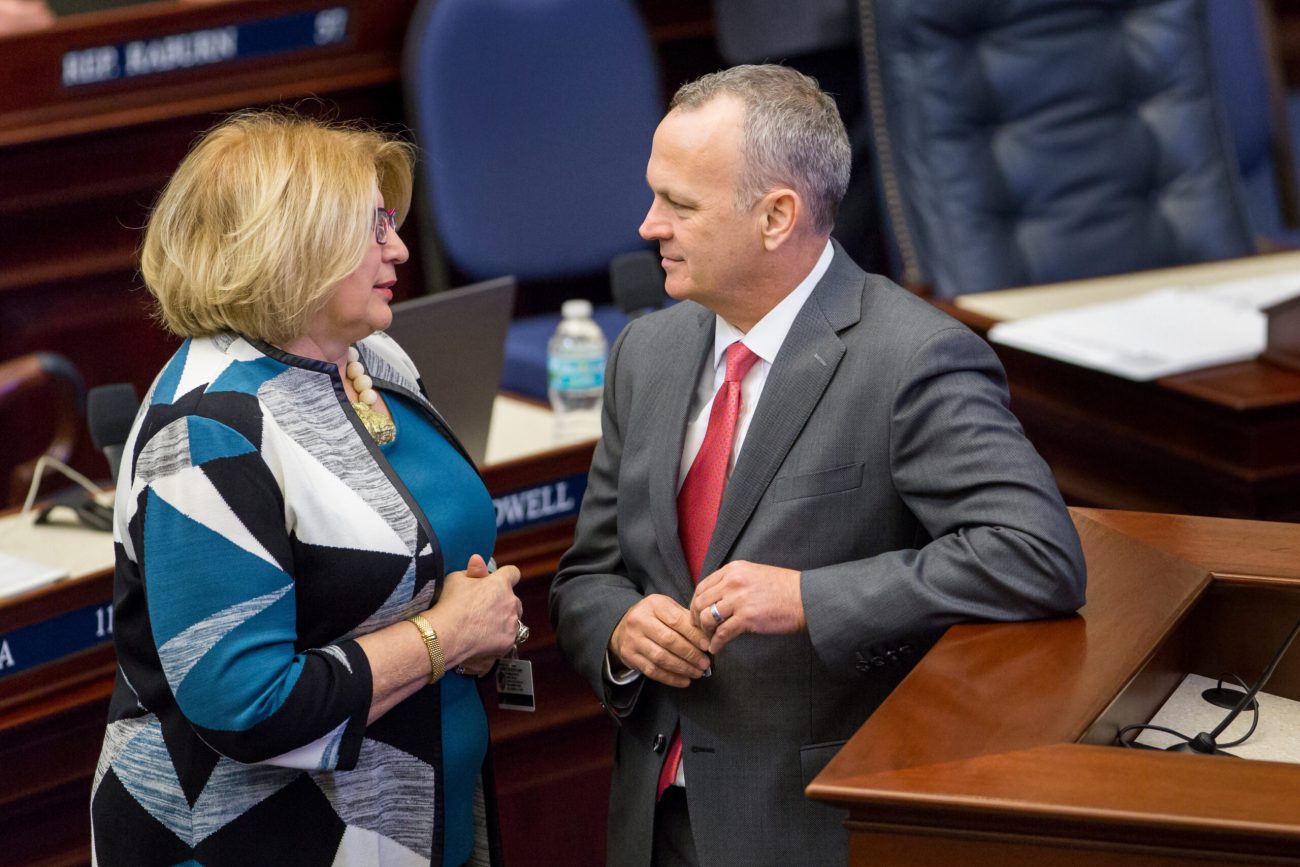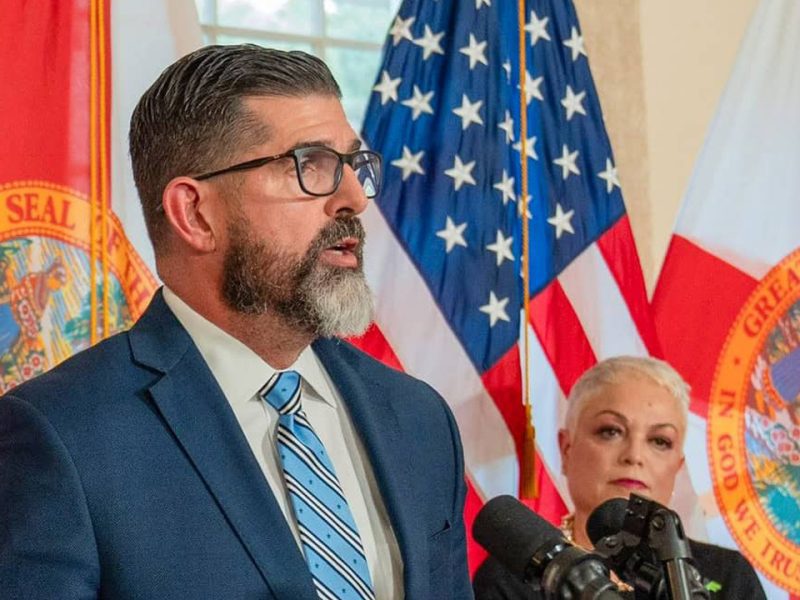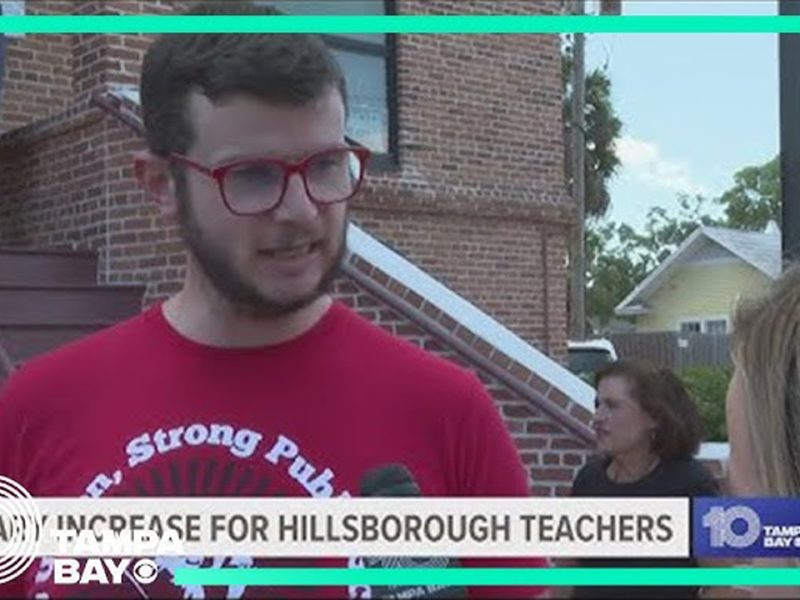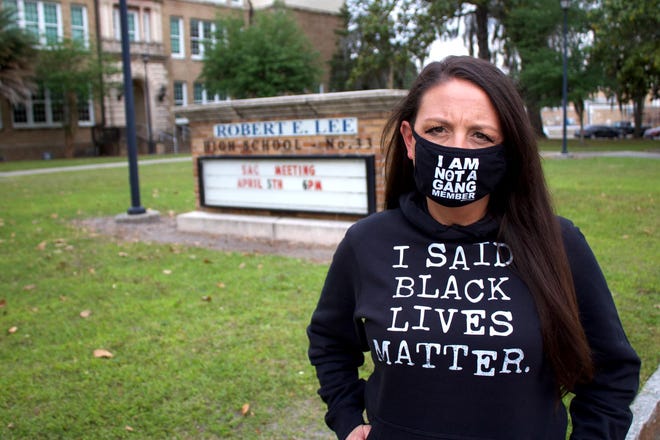
Tampa leaders address Hispanic communities’ ‘vulnerable position’ amid school reopening
FLAPOL | by Kelly Hayes | August 31, 2020
As Hillsborough County opened school doors this morning to students, Tampa Bay lawmakers met virtually to discuss the return amid the coronavirus pandemic — specifically, its impact on Hispanic families.
By Monday, all Florida school districts started in-person classes, with an estimated 1.1 million students attending brick-and-mortar schools statewide.
Sen. Janet Cruz, Rep. Susan Valdes and Hillsborough County School Board member Karen Perez discussed implications for Hispanic families who face financial strain and language barriers that affect important decisions like whether or not to return their children to the classroom.
“Without legislation to protect these families, their children are forced back into brick and mortar schools because, under our broken unemployment system, there’s no secure financial relief for these parents,” Cruz said. “Our Hispanic families are also more likely to be misinformed on COVID-19 due to language barriers, putting them in what I consider a vulnerable position when it comes to making the best decisions for their family.”
Hispanic communities have been hit hard by the coronavirus pandemic.
Tampa General Hospital’s Dr. Jason Wilson, an associate professor at USF’s College of Medicine, spoke about how Hispanic families have been disproportionally affected.
Latinos and Hispanics are hospitalized at four times the rate of White patients for COVID-19 complications. More than a quarter of the COVID-19 fatalities in the U.S. have been Hispanic individuals.
In Florida, Hispanics make up about a third of COVID-19 hospitalizations, and Hispanic children are eight times more likely to be hospitalized than their White counterparts, Wilson said.
A major concern among the lawmakers is seniors in Hispanic communities, since families are more likely to live in multi-generational homes.
“No child should have to go to school every day worried that they will bring home with them a fatal disease to a loved one,” Valdes said. “Children are best served in being in school, we all know that. But we must take into consideration the health and well being of all of our families. When we consider reopening plans, a child’s schooling should not have to be a death sentence for a loving grandparent.”
About 30%, or 1.47 million people in Hillsborough County are Hispanic, according to U.S. Census data.
The Hillsborough County School Board has faced a rollercoaster of plans in reopening schools, but caved into reopening Monday after Superintendent Addison Davis compromised with Education Commissioner Richard Corcoran. In early July, Corcoran issued an emergency order forcing all school districts to reopen brick and mortar schooling by Aug. 31.
However, the order is being contested by the Florida Education Association.
School board member Perez has been vocal about her worries regarding schools reopening, posting case numbers within the district school system on Facebook and announcing the data at school board meetings. At a meeting last Tuesday, Perez announced that between July 24 and Aug. 25, the system has seen 155 new cases, or about 39 cases per week. And that’s without students in classrooms.
“The state is imposing this on us with a complete disregard for Floridians and the safety of their families,” Cruz said. “It’s been said that this is a choice, but the message from leadership on national television said that any teacher that doesn’t come to school will face termination. It’s not a choice for many families in our Hispanic community, either.”
Hispanic individuals are also overrepresented in jobs considered essential.
While district employees themselves may have insurance, their dependent children or dependent spouse may or may not be covered, considering the employees’ ability to afford the extra costs associated with extended coverage.
“I believe that opening brick and mortar without a complete plan is a disservice to not just the students, but also those who serve the students,” Perez said.
The leaders advocated for better education among Hispanic communities, and a need for increased resources so that the return to the school year will not be a life-or-death decision for families.
Photo: House Democratic Leader Janet Cruz, shown here with House Speaker Richard Corcoran, worries Hispanic communities face bigger challenges with returning to school.





